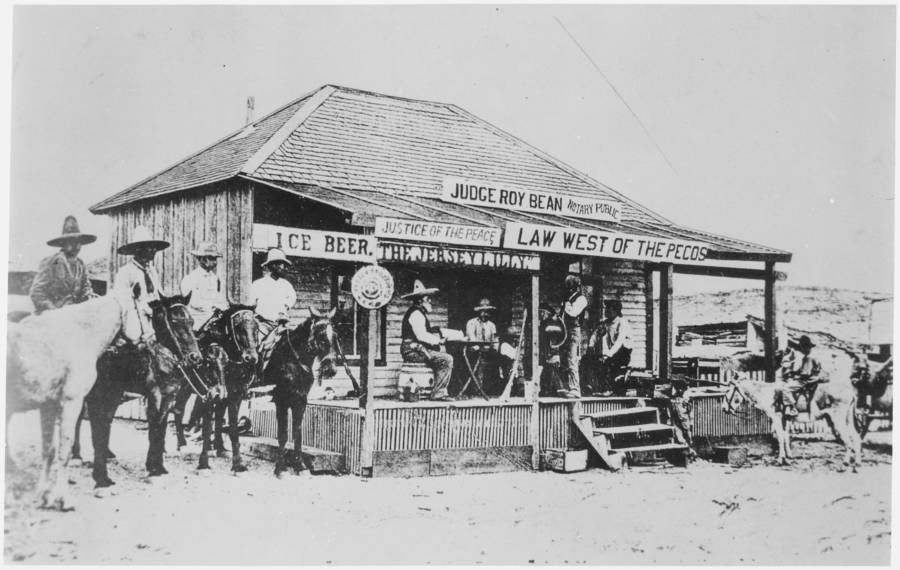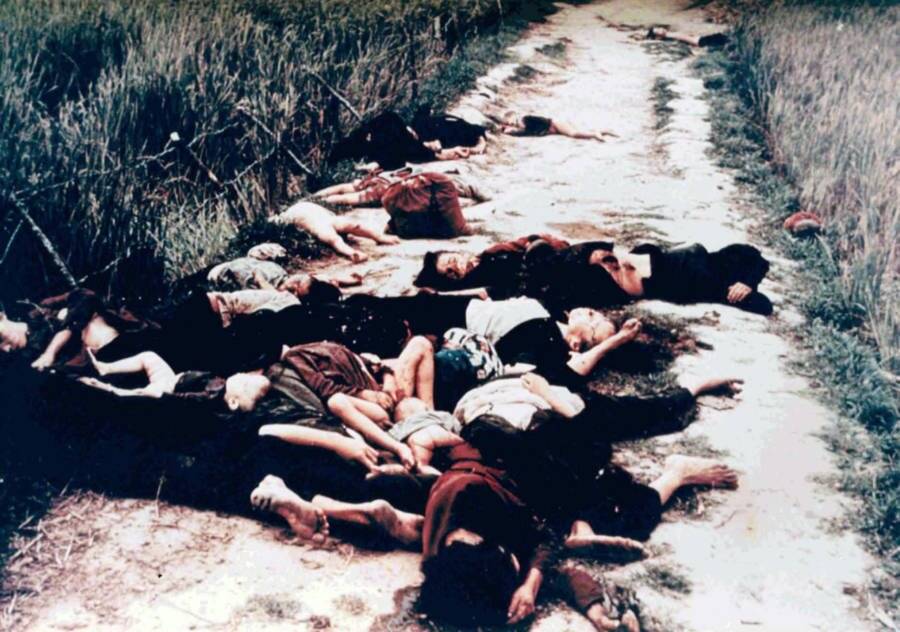What happened on this day in history: Caligula becomes emperor of Rome, the My Lai Massacre takes place, and more.
37 C.E.: Caligula Becomes Emperor Of Rome
Emperor Tiberius dies in Misenum, and Caligula takes over as the ruler of the Roman Empire. Though 77-year-old Tiberius likely died of natural causes, ancient historian Suetonius wrote that Caligula may have murdered him. Few records remain documenting his reign, but those that survive paint him as a cruel tyrant who devolved into insanity before conspirators assassinated him just four years after he became emperor.
1621: Samoset Contacts Plymouth Colonists
Samoset, an English-speaking member of the Abenaki tribe, walks into Plymouth Colony and greets the Pilgrims in their own language, establishing contact between the settlers and local Native Americans.
1850: Nathaniel Hawthorne Publishes The Scarlet Letter
American author Nathaniel Hawthorne publishes The Scarlet Letter to immediate success. The book became an instant best-seller, with the first 2,500 printed copies selling out in just 10 days. The story of Hester Prynne, the young woman who births a child out of wedlock and is forced to wear a scarlet “A” on her clothes as a symbol of her adultery, was one of the first mass-produced books in America.
1903: Judge Roy Bean Dies

Wikimedia CommonsThe courthouse of Judge Roy Bean, circa 1900.
Roy Bean, justice of the peace in Val Verde County, Texas, dies in Langtry, Texas. Bean often called himself the “Only Law West of the Pecos,” referring to the sparsely-populated area of West Texas where he ran a saloon. He was known for the strange and humorous rulings he handed out during his time as a judge. He reportedly fell ill after a bout of heavy drinking during a trip to San Antonio, and died soon after returning home to Langtry.
1968: The My Lai Massacre Takes Place

Wikimedia CommonsThe road out of My Lai, littered with dead bodies.
American soldiers slaughter more than 500 people in the South Vietnamese village of My Lai in what’s now known as the My Lai Massacre.
Members of the U.S. Army’s Charlie Company received word that the Viet Cong were in the area, and though the soldiers found mainly women, children, and elderly people in My Lai, Lieutenant William Calley ordered his troops to kill them anyway. The troops raped many of the women and young girls before their deaths. The Army covered up the massacre for a year, but when the American public eventually found out, the news greatly contributed to anti-war sentiment.
1970: Tammi Terrell Dies Of Brain Cancer
Tammi Terrell, an American Motown artist, dies of brain cancer at 24 years old.
1984: Gary Plauché Kills Son’s Rapist In The Airport
Gary Plauché kills Jeff Ducet, his son’s rapist, at the Baton Rouge Airport in Louisiana. After Ducet abducted and sexually assaulted his son, Plauché vowed that he would kill the man. Plauché reportedly found out that Ducet would fly into the Baton Rouge Airport to face trial in Louisiana. With his face hidden, Plauché arrived at the airport, spotted Ducet and his police officer escorts, and shot Ducet in the head.
With the entire ordeal captured on camera, there was no doubt of Plauché’s guilt. Police arrested Plauché and tried him for the murder, but with overwhelming public support for his crime, Plauché only served five years probation and had to work 300 hours of community service. His case is one of the most famous examples of vigilante justice in the United States.
2003: Rachel Corrie Is Killed
Rachel Corrie, a 23-year-old American activist, is crushed to death by an Israeli bulldozer while acting as a “human shield” in front of homes in Gaza.
2009: Josef Fritzl’s Trial Begins
The trial of Josef Fritzl, the Austrian man accused of imprisoning his daughter, Elisabeth, for 24 years in the cellar beneath their home, begins. Fritzl eventually plead guilty to all charges against him and was sentenced to life imprisonment without the possibility of parole for 15 years.



